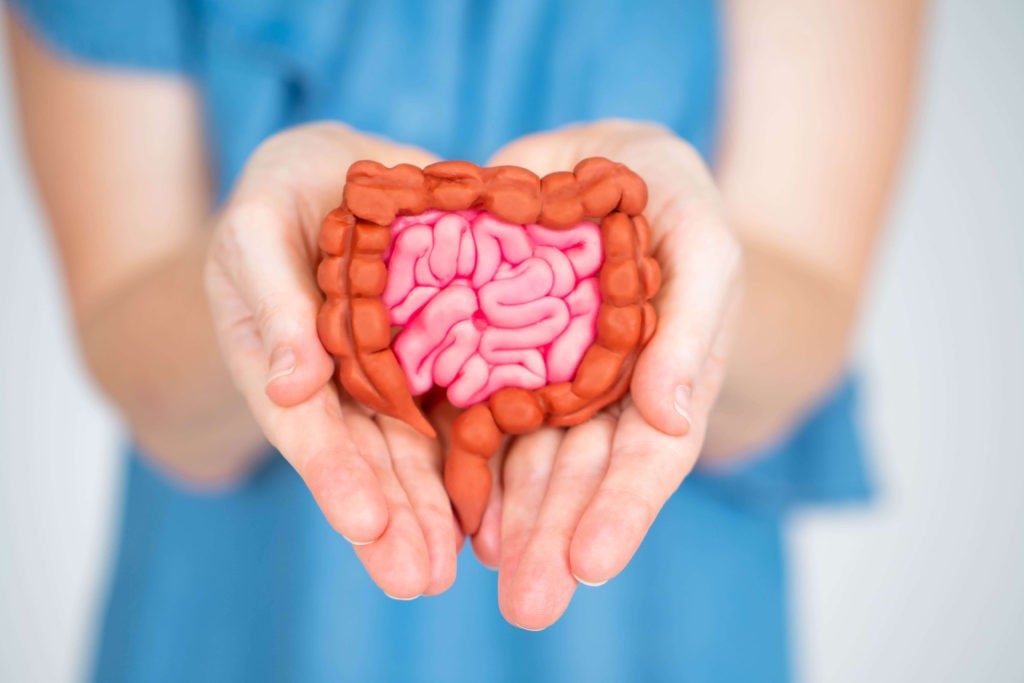
Your gut is more than just a digestive powerhouse – it’s the foundation of your overall health. Often referred to as the “second brain,” your gut has a profound impact on everything from your immune system to your mood and even the condition of your skin. In fact, research has shown that a balanced gut microbiome, the community of bacteria and microbes living in your digestive system, can influence a wide range of bodily functions. In this article, we’ll explore why gut health matters, how it affects your body, and the simple steps you can take to nurture a healthy gut for a happier, healthier life.
What is Gut Health?
Gut health refers to the balance and function of the trillions of microorganisms living in your digestive tract, particularly your intestines. These microbes play an essential role in breaking down food, absorbing nutrients, and protecting your body from harmful bacteria. A healthy gut is made up of diverse bacteria working together to keep your digestion running smoothly, your immune system strong, and your overall health in top shape.
How Gut Health Impacts Your Entire Body
- Digestive Health
A healthy gut ensures that your digestive system functions smoothly, breaking down food and absorbing nutrients without issue. If your gut is out of balance, it can lead to uncomfortable symptoms like bloating, constipation, diarrhea, and even conditions like irritable bowel syndrome (IBS). - Immune System Boost
Around 70-80% of your immune system resides in your gut. That means a balanced gut microbiome is key to defending against infections and managing inflammation. A healthy gut supports a strong immune response, while an unhealthy gut can lead to frequent illnesses or autoimmune conditions. - Mental Health and Well-Being
Did you know your gut can affect your mood? Known as the gut-brain connection, studies show that the health of your gut microbiome can influence anxiety, depression, and even brain function. About 90% of your body’s serotonin – the hormone responsible for feelings of happiness – is produced in the gut, making it a vital player in your mental health. - Skin Health
Your gut even impacts the condition of your skin! An imbalance in gut bacteria can lead to issues like acne, eczema, and psoriasis. Keeping your gut healthy is one of the best ways to maintain glowing, clear skin by reducing inflammation and toxins in your body. - Metabolism and Weight Management
Your gut plays a role in how your body processes food and stores energy. Research has shown that a healthy gut microbiome can help regulate metabolism, prevent weight gain, and even aid in weight loss. Certain gut bacteria influence fat storage and sugar metabolism, helping your body maintain a healthy weight.
How to Support Your Gut Health

Eat a Gut-Friendly Diet
A varied and nutrient-dense diet is key to a healthy gut. Try to incorporate:
- Prebiotics: These foods nourish the good bacteria in your gut. Examples include garlic, onions, bananas, and oats.
- Probiotics: These foods contain live beneficial bacteria that boost gut health. Enjoy yogurt, kimchi, sauerkraut, kefir, and kombucha.
- Fiber: High-fiber foods like whole grains, vegetables, fruits, and legumes support digestion and promote a healthy gut environment.

Consider Probiotic Supplements
If you feel your gut needs extra support, probiotic supplements can help replenish good bacteria. Look for products with strains like Lactobacillus and Bifidobacterium, which are known to improve digestion. Always consult with your healthcare provider before adding any supplements to your routine.

Stay Hydrated
Drinking plenty of water is essential for digestion. It helps your body absorb nutrients and keeps things moving in your digestive system. Proper hydration also prevents constipation and supports healthy gut function.

Manage Stress
Chronic stress can wreak havoc on your gut, leading to digestive issues and an imbalanced microbiome. Combat stress with techniques like meditation, yoga, breathing exercises, and regular physical activity to keep your gut in check.

Avoid Overusing Antibiotics
While antibiotics are sometimes necessary to treat infections, overusing them can damage your gut bacteria. Always follow your doctor’s instructions, and ask about alternatives when possible.

Get Quality Sleep
Poor sleep can disrupt the balance of gut bacteria. Aim for 7-9 hours of restful sleep each night to support your gut’s natural processes and keep your body running smoothly.

Exercise Regularly
Regular exercise benefits your gut health by promoting the growth of beneficial bacteria. Aim for at least 30 minutes of moderate activity, such as walking, swimming, or cycling, most days of the week.
Signs Your Gut Health Might Be Off
If your gut is out of balance, you may experience several warning signs, including:
- Digestive issues like bloating, gas, or irregular bowel movements
- Constant fatigue or trouble sleeping
- Skin problems such as acne, eczema, or frequent breakouts
- Mood swings, anxiety, or depression
- Frequent illnesses or infections
- Unexplained weight gain or difficulty losing weight
If you notice these signs, it may be time to focus more on improving your gut health.
Conclusion
Gut health is the foundation of a healthy body and mind. By nourishing your gut with a balanced diet, reducing stress, staying hydrated, and getting enough sleep and exercise, you can improve your digestive health, boost your immune system, enhance your mood, and achieve glowing skin. A well-balanced gut microbiome is essential for your overall well-being, making it worth every effort to care for it. Start today by incorporating gut-friendly habits into your lifestyle and reap the benefits of better health tomorrow.
